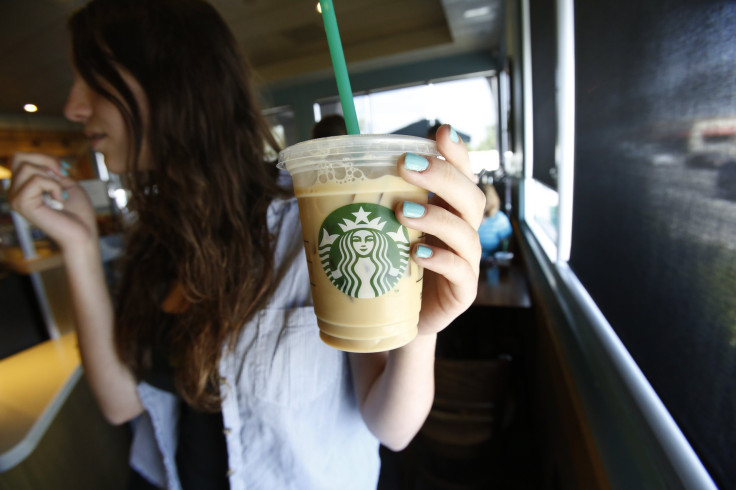Does Caffeine Make You More Anxious?

The caffeine in coffee, soft drinks, sports drinks and nutritional supplements has been found to activate, mimic or worsen the symptoms of anxiety in people, according to new research.
Often described as a feeling of uneasiness and worry, anxiety is an emotion characterized by an unpleasant state of inner turmoil. It’s often accompanied by nervous behaviors such as pacing back and forth, somatic complaints and rumination (or focusing attention on the symptoms of one's distress, instead of its solution).
Caffeine is a stimulant. And for someone with anxiety, this can’t be good.
Doctors make a diagnosis of generalized anxiety disorder (GAD) when patients have anxiety symptoms for more than six months. These symptoms include intense and overwhelming worry, and three out of six of the following: irritability, sleep disturbance, fatigue, muscle tension, difficulty in concentrating, and restlessness.
Research has shown caffeine's effects on our body are similar to those of a frightening event. That's because caffeine stimulates a person’s "fight or flight" response.
Studies show this stimulation can make anxiety worse and can even trigger an anxiety attack. One to many cups of coffee might even leave one feeling nervous and moody, as well as keeping one up all night.
A word on the amount of caffeine in a cup of java, an average cup of home-brewed coffee contains some 100 mg compared with 250 mg in a tall Starbucks coffee and as much as 400 mg in energy drinks. A can of Mountain Dew has 55 mg of caffeine while a can of Coca-Cola has 35 mg.
On the other hand, low doses of caffeine are normally in the range of 50 to 200 milligrams. Consuming more than 400 mg at once may lead to feeling overstimulated and anxious. This might also trigger symptoms such as racing heartbeat, nausea or abdominal pain.
Caffeine may help some people with concentration and provide an energy boost, but it can cause problems for those with general anxiety disorder, said Dr. Julie Radico, a clinical psychologist with Penn State Health.
"Caffeine is not the enemy," she said. "But I encourage people to know healthy limits and consume it strategically because it is activating and can mimic or exacerbate the symptoms of anxiety."
While anxiety is a common problem, many patients and doctors don't think about caffeine as a potential contributing factor, according to Dr. Matthew Silvis, vice chair of clinical operations in the division of family medicine at Penn State Health.
"We want people to consider whether there may be a connection between their caffeine consumption and anxiety," he said.
Dr. Silvis said another problem with caffeine is it can interact negatively with medications for seizure disorders, liver disease, chronic kidney disease, certain heart conditions or thyroid disease.
"Medical disorders that a patient may already have can become more difficult to control," he said.



























